Series Inquiry-Based Teaching: Inquiry-Based Teaching: Discussing Non-Fiction
ELA.RH.9-10.2
| Common core State Standards
- ELA: English Language Arts
- RH: Reading Standards for Literacy in History/Social Studies 6-\x80\x9312
- 9-10: 9th & 10th Grades
-
2:
Determine the central ideas or information of a
primary or secondary source; provide an accurate
summary of how key events or ideas develop over
the course of the text.
ELA.RH.9-10.6
| Common core State Standards
- ELA: English Language Arts
- RH: Reading Standards for Literacy in History/Social Studies 6-\x80\x9312
- 9-10: 9th & 10th Grades
-
6:
Compare the point of view of two or more
authors for how they treat the same or similar
topics, including which details they include and
emphasize in their respective accounts.
ELA.RH.11-12.2
Common core State Standards
- ELA: English Language Arts
- RH: Reading Standards for Literacy in History/Social Studies 6-\x80\x9312
- 11-12: 11th & 12th Grades
-
2:
Determine the central ideas or information of a
primary or secondary source; provide an accurate
summary that makes clear the relationships among
the key details and ideas.
Save to My Resources
PLEASE CREATE A NEW ACCOUNT OR LOG IN TO ACCESS THIS CONTENT
Enjoy your first video for free. Subscribe for unlimited access.
Have questions about subscribing?
Click Here to learn more about individual subscriptions.
Click Here to learn more about School and Institution access.
Discussion and Supporting Materials
Thought starters
- What evidence do you see of students using the text to inform their own perspective?
- How does Mr. Barlowe's choice of questions help shape the discussion?
- In what ways does this discussion foster desirable reading and writing habits?
School Details
Urban Academy Laboratory High School317 East 67th Street
New York NY 10065
Population: 137
Data Provided By:

Teachers
Avram Barlowe
Newest
|
4 MIN
|
5 MIN
|
5 MIN
UNCUT CLASSROOMS
| TCHERS' VOICE
English Language Arts
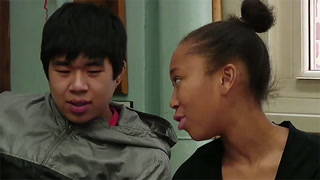
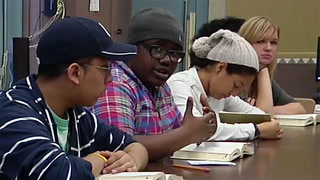
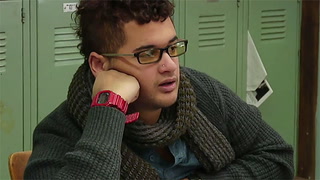
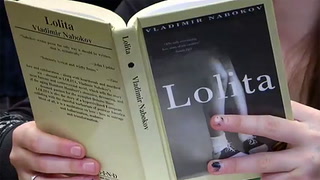
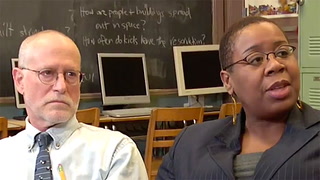
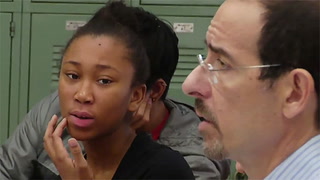
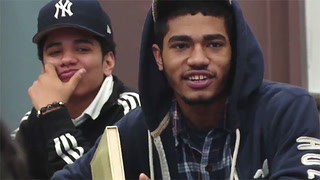
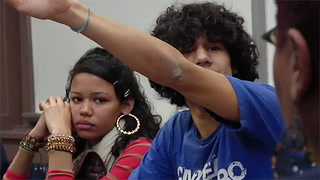
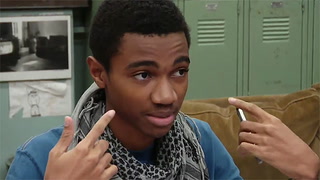
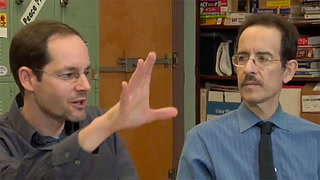
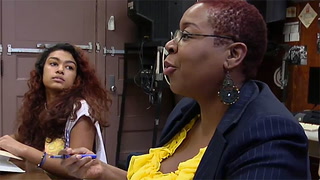
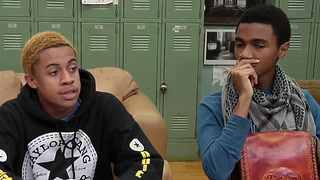








20 Comments
Daniel Ventress Dec 9, 2018 1:08pm
I'm kind of surprised nobody thought to ask whether people should have a say over the lives of others. Everybody just kind of assumed that people have the right to determine what others can and cannot do to a certain extent. Weird.
Nate Starace Jul 12, 2017 10:15pm
Christopher de Lara May 5, 2017 12:31am
Misty Tucker Dec 23, 2016 11:30am
ESTHER ANGAFOR ... Dec 13, 2016 5:48pm